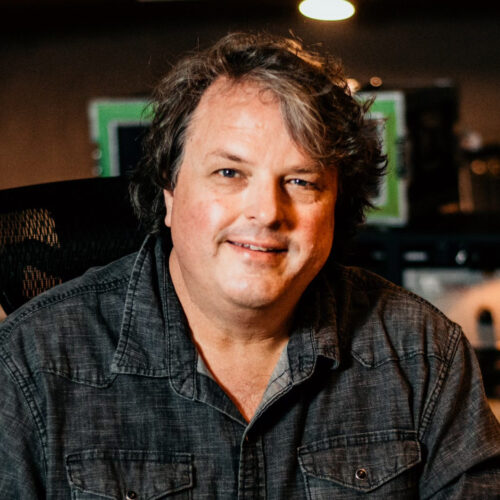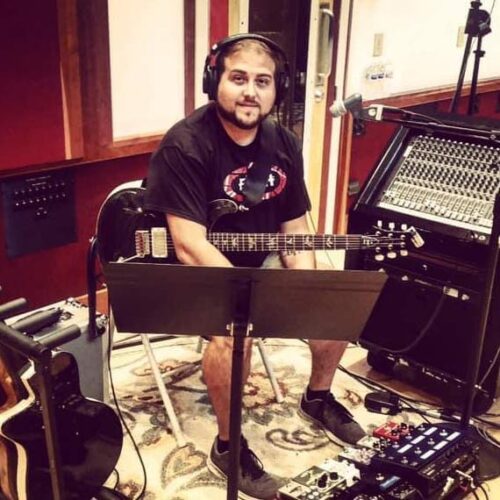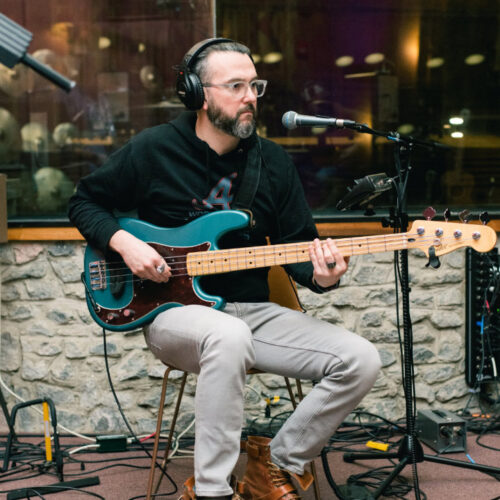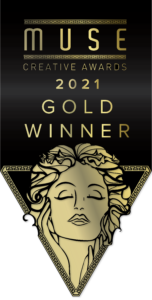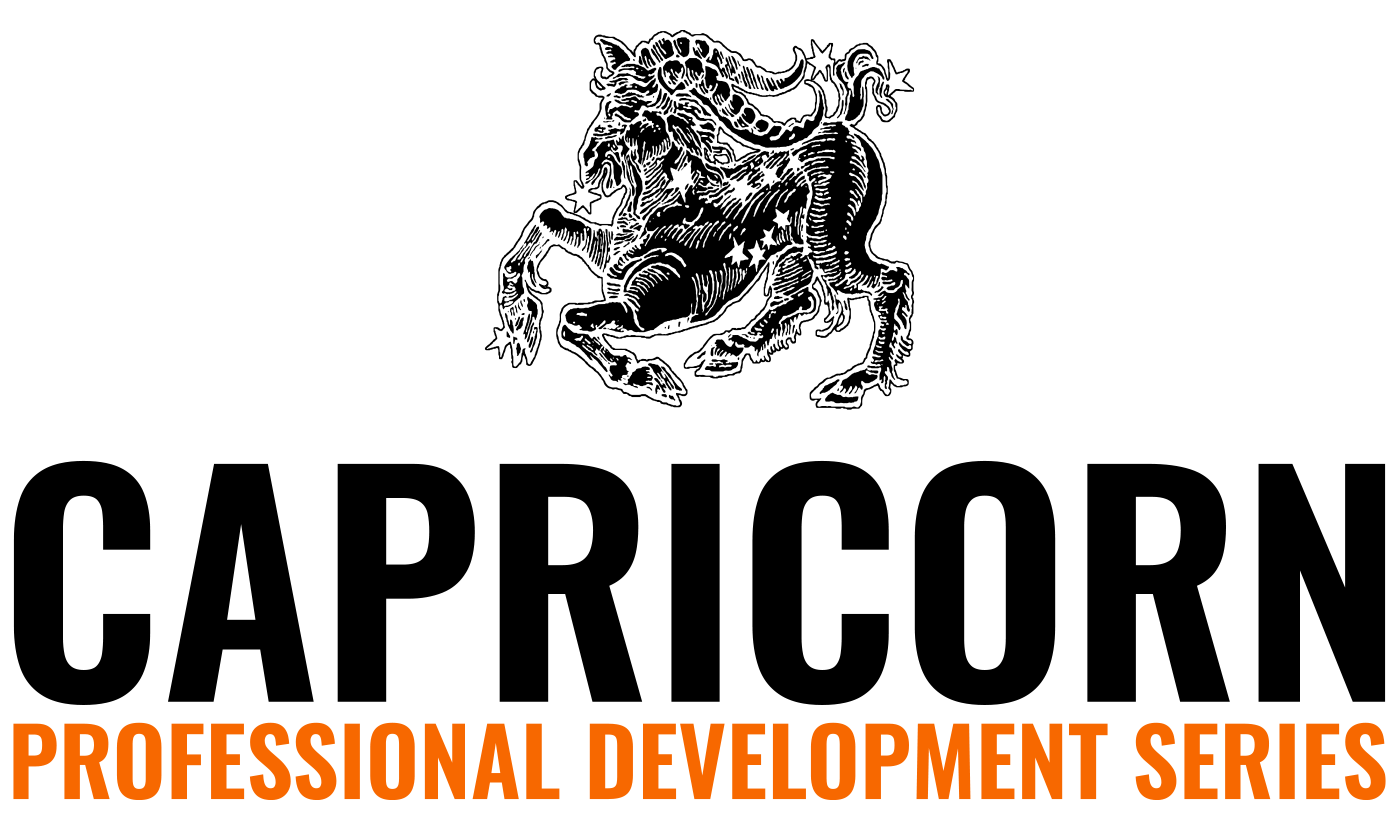
This certificate course will introduce students to the theory and fundamentals of using software and hardware tools for producing music, including digital music editing, multi-track recording, MIDI note entry, signal processing plugins, computer music notation software, sound design, electronic music history and microphone technique. The course will stress application and creative content, using a series of project-based learning activities which includes student exposure to performing with electronic instruments and vocal recording, and multi-track recording live instruments.
This hands-on, applied course will deliver to class members experience with digital and analog music editing/recording software applications using ProTools (Digital Audio Editing Workstation). Although there will be some flexibility to work ahead, this course can only cover beginning to intermediate types of operations. Most of the coursework will be applied, but some theory will be presented to explain some of the terms and operations in which we engage.
Upon completion of this course, students will be able to:
- Define and describe a digital audio workstation (DAW)
- Troubleshoot workstation, identify specific connections and successfully connect all parts of a studio
- Describe the features of audio editing
- Exhibit a basic knowledge of song form by composing an organized song in ProTools using various musical inputs
- Exhibit fluency while using ProTools
- Define MIDI and understand the differences between MIDI and audio
- Compose and record a song using MIDI and audio
- Execute editing skills to create a new arrangement of a song
- Define and effectively utilize various FX Plug-ins
- Demonstrate knowledge of sound
Because this is a project-based course, your participation includes displaying proficiency with various creative processes with recording instruments, microphone usage, using technically correct recording fundamentals, developing proficiency with ProTools, and approaching in-class assignments with an enthusiastic attitude.

